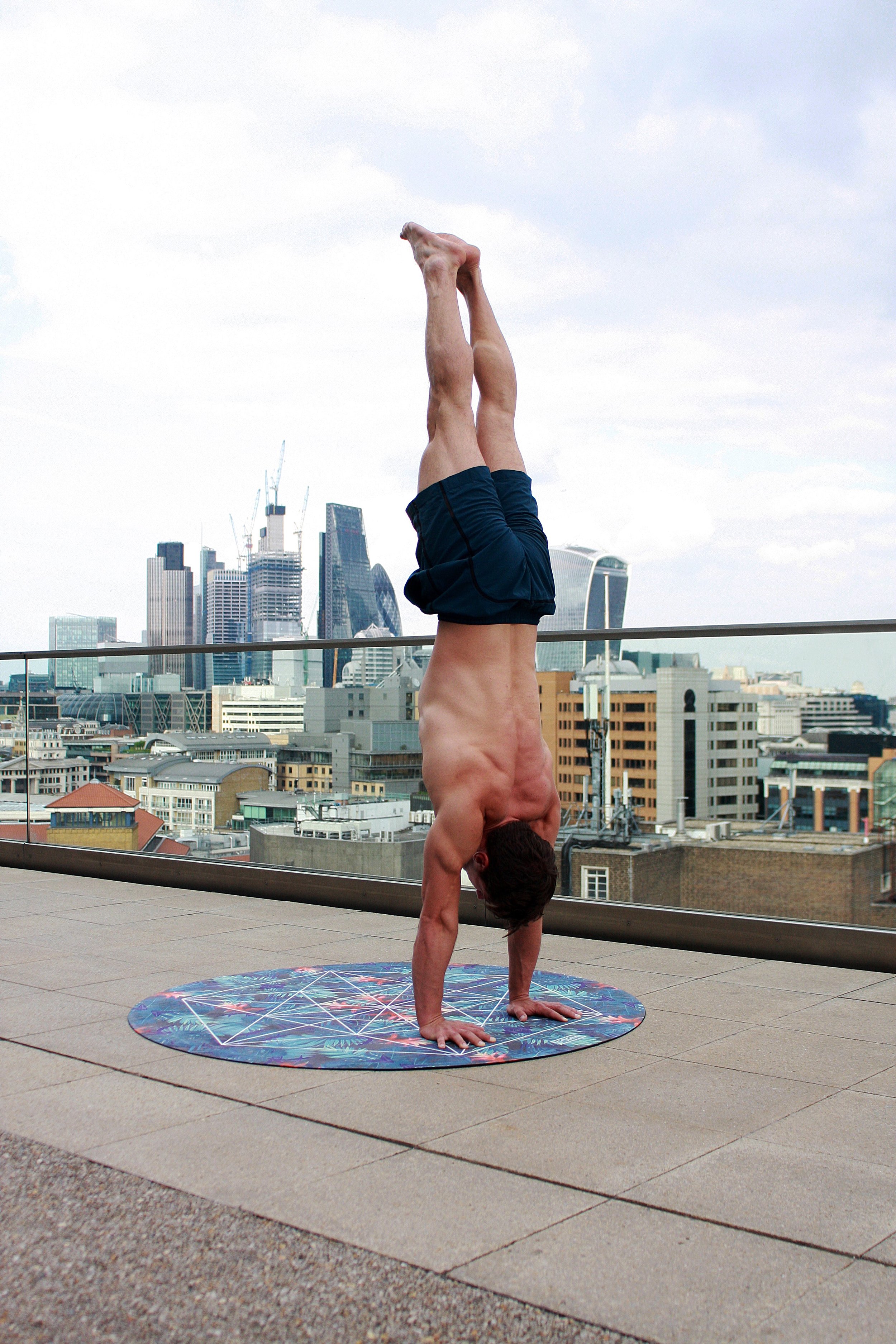Complete Healing
In our current small group we are studying the Gospel of Luke. We just looked at the story of the Centurion and his encounter with Jesus. As the story unfolds, a Centurion (we never get his name) sends word to Jesus that one of his servants is ill. He doesn’t need a visit from the Healer, just notes that all Jesus has to do is speak the word and healing will happen.
I have been thinking about that request ever since this wrist incident. I too request and pray, “Just say the word Lord and I can be completely healed.” This type of prayer is one I pray not only for myself but also for any and all who I know are going through difficulties or health issues. And I do believe that complete healing can happen. I do believe that what is impossible for humankind is possible for God. If He wills it, it will happen. Miracles can and do occur even in these modern days.
Though I temper my requests knowing that asking is not rubbing a genie’s bottle of wishes. It is making our requests known to God. It is opening ourselves up to possibility. It is allowing “Thy will be done.”
Yet, I cannot help but think that complete healing is taking place. Albeit slowly. Strengthening not just my physical bones but relationship as well. Healing on so many different levels.
For I have been experiencing wonderful community. If I ever start down the pity-party path of frustrating healing, I can just turn around in my tracks by remembering the cards, well-wishes, emails, phone calls and meals- all to physically and emotionally strengthen my weary and aching being.
I have had to slow down, rest and just be. In doing so, I have had time for the un-rushed conversation with people whom I love but because of our past schedules, kept missing each other. I have had emails and notes from folks I didn’t know or know well but now have a shared situation. My sore and broken wrist exposes a vulnerability with which allows me to make connections with others. I have had to let others physically care for me, my family, my household. That humility is like the newly formed bone fibers- connectors of relationship building and stability.
It seems ridiculous that it takes an accident or tragedy or illness or death to realize our need to connect. It is those incidences that make us realize the importance of sharing our struggles and our joys- of letting our guard down, exposing our problems and allowing others to enter into our hurt and mess.
My physical healing is evident by the wrist building new, stronger bone in re-connection. I would suggest that societal healing takes place as we allow connections to mend, heal and strengthen our community ties. I know that I have a special place in my heart for those who have come alongside me these last couple of weeks.
What about you? Have you ever prayed for a specific healing? What happened? Was there any other type of healing?
So, while the wrist pain continues, I still pray for complete healing. When the doc takes his next post-op X-ray, I might find completely healed. But if not, I know that there has been more than bone strengthening in my life.





















